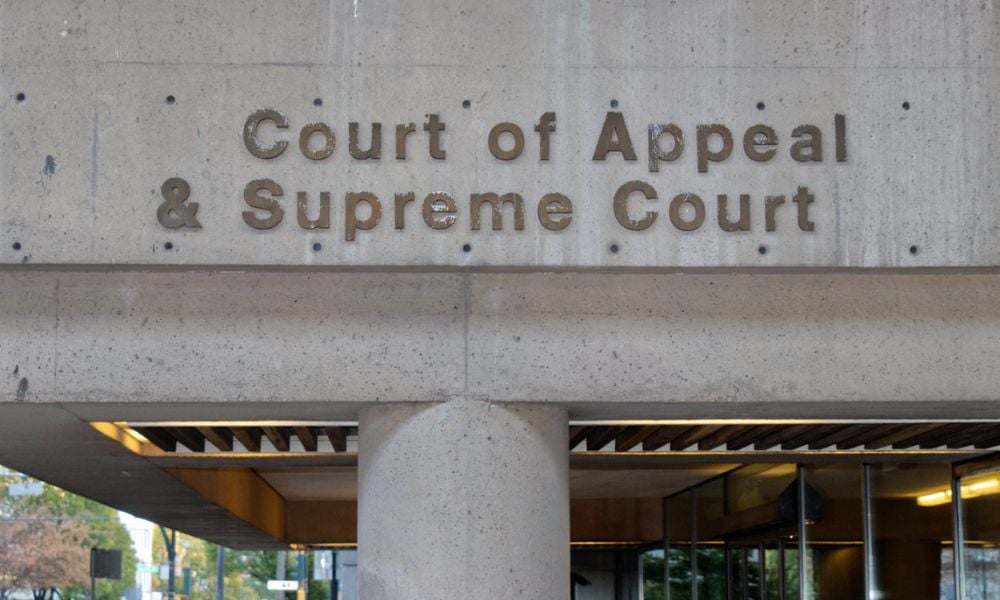
The court considered judicial efficiency and the policy against interlocutory appeals

The BC Court of Appeal has adjourned an application for leave to appeal an arbitral award, which concluded that the debt owed by the appellant would not be discharged in his personal bankruptcy.
In Brown v. Smithwick, 2024 BCCA 83, Brown challenged the award’s compatibility with s. 178(1)(e) of the Bankruptcy and Insolvency Act, citing a lack of established causal connection between his fraudulent misrepresentations and the debt's creation.
Brown's application hinged on the legal interpretation of the debt's inclusion under the specified Bankruptcy and Insolvency Act section. The respondents opposing the application argue that no extricable question of law arises, labeling the issue as settled and not of significant public importance. Additionally, they emphasized that the arbitrator identified two independent reasons why the debt would survive bankruptcy, neither of which Brown contested in his appeal.
The arbitration process remained incomplete, with the arbitrator pausing the quantification of the debt for further submissions, maintaining jurisdiction over this aspect. This ongoing nature of arbitration formed the basis of the respondent's argument that the application for leave to appeal was premature, suggesting the appeal should wait until arbitration concluded.
The BC Court of Appeal, addressing the matter, highlighted the preliminary nature of the appeal, agreeing with the respondents that entertaining the application at this juncture is premature. This stance is underpinned by the arbitration agreement’s clause, stipulating that unresolved disputes under the agreement are subject to arbitration—a process yet to reach completion.
The court considered judicial efficiency and the policy against interlocutory appeals. The court noted that early court intervention could disrupt the arbitration process agreed upon by the parties and may not align with the justice's interests, considering the potential resource expenditure on debt quantification submissions. Moreover, the appeal's outcome could diminish Brown's interest in continuing the appeal, depending on the arbitration's final resolution regarding the debt amount.
The court also expressed concern over the possible fragmentation of the arbitration process and the judicial system's resources should the court entertain multiple appeals from the same arbitration. Ultimately, the court adjourned the leave application until the arbitration’s conclusion.